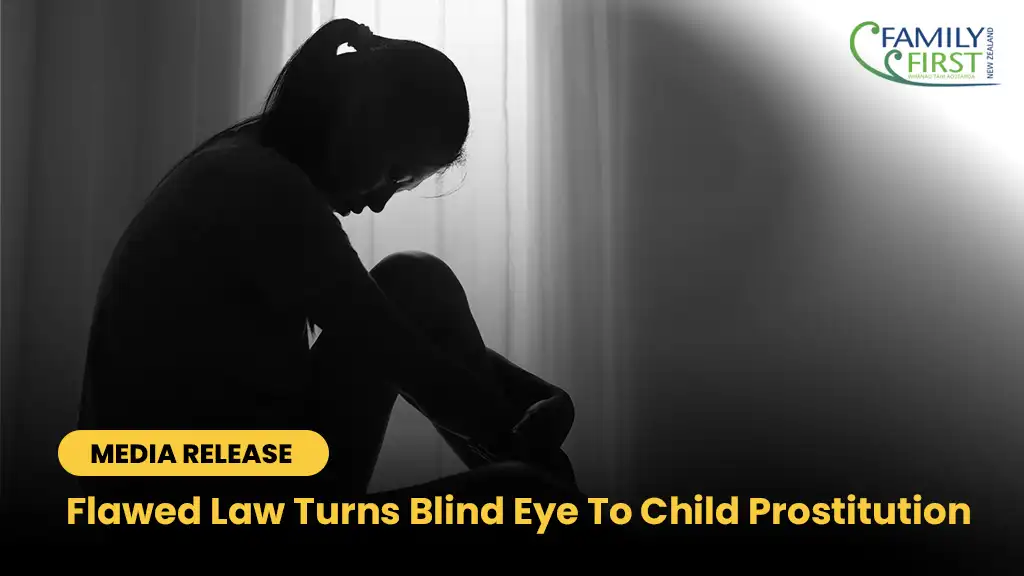 Media Release 5 June 2020
Media Release 5 June 2020
An updated analysis of the anti-smacking law passed into law just 13 years ago says that not only has the ban failed to reduce the harm perpetrated against children, but it has increased the harm inflicted by children.
The report “A DOG’S BREAKFAST: New Zealand’s Anti-Smacking Law 13 Years On” examines the social indicators relating to child abuse affecting our children and families in the years leading up to the ban on smacking (2000 – 2007) and since the law was passed (2007 – 2019). Using official government data from Oranga Tamariki, NZ Police, Stats NZ and the Ministry of Health, it asks: Has there been any improvement? Have the warnings about the anti-smacking law targeting the wrong parents been proved right? Is the law doing more harm than good? And is it time for politicians to respond to the concerns of law-abiding parents?
Key findings of this report include:
- notifications of abuse to government agencies continue to increase at alarming rates
- rates of physical abuse (including serious physical abuse) found by both the police and Oranga Tamariki (OT) have increased significantly since the law was passed
- successive governments have failed to reduce physical abuse as promised, and any government targets appear to have been abandoned altogether
- child homicides continue to fluctuate with no sign of any long-term, sustained improvement. New Zealand has one of the worst abuse rates in the OECD, and Maori are disproportionately represented
- we have more children in care (especially Maori children)
- there are disturbing trends in the wellbeing of children, including the high rates of self-harm, suicide, and emotional and behavioural problems
- there are significant warranted concerns around increasing levels of violence in schools, including bullying and physical violence targeting principals and teaching staff
- while politicians claim the new law does not criminalise “good parents” for lightly smacking their children, a legal analysis finds this is inconsistent with the actual legal impact of the new Section 59
“The fact that so many social indicators around the welfare of children continue to worsen – rather than improve, or even abate – proves we simply are not tackling the real causes of child abuse. It demonstrates that the law has been completely ineffective in terms of tackling the problem it was supposed to confront. It is consistent with a lazy legislative approach of creating a law to deal with a small minority and apply it universally,” says Bob McCoskrie, National Director of Family First NZ, and lead author of the report.
“Some will argue the law should be left alone, and that any discussion of its success or failure is redundant. But any law – especially a controversial one like the anti-smacking law – should be able to withstand this type of scrutiny. Even more importantly, it is crucial to assess whether the law may in fact be doing more harm than good. Criminalising good parents who simply want to raise law-abiding and responsible citizens is bad law-making.”
A bill is proposed which would amend the law in order to give certainty and clarity to parents, and to target real child abuse, not real parents.
ENDS




